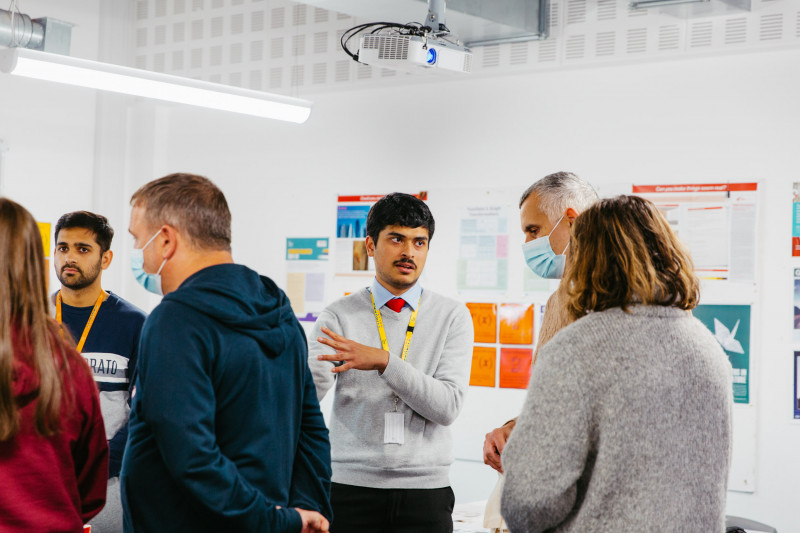About the Course
Throughout the course you will learn about what businesses do and how they do it, what factors are likely to make businesses successful, and practical information about the legal and financial requirements of the business world.
In the first year you will look at how to plan and finance a business and techniques for successful management. In the second year you will study strategies for business success, the environment in which businesses operate and how they manage change.
Guest speakers and visits to businesses will also form part of the course so you can apply your knowledge to real life business settings.
Key Units
Students following this course will study business in a variety of contexts (e.g. large/small, UK focused/global, service/manufacturing). When examining these businesses students will focus closely on:
the four functional areas of a business; finance, marketing, HR and operations
the interrelated nature of business functions and how they affect competitiveness
the competitive environment and the markets in which businesses operate
the influences on functional decisions and plans (including ethical and environmental issues)
the importance of decision-making and the factors that might determine whether a decision is successful e.g. the quality of data and the degree of uncertainty
how technology is changing the way decisions are made
how businesses operate and compete
the impact of stakeholders on functional decisions and their response to such decisions
use of non-quantitative and quantitative data in decision making (including the interpretation of index numbers and calculations such as ratios and percentages)
Students in the second year focus their knowledge to focus more on wider strategic decision-making. Students will have the opportunity to learn about:
the impact of technology on strategic decision-making
the influences of Corporate Social Responsibility, ethical and environmental issues on strategic decisions
the difficulties in forecasting future trends
the importance of assessing feasibility and risk when making strategic decisions
the impact of stakeholders on strategic decisions and their response to such decisions
Entry Requirements
5+ GCSEs Grades 9-4 in different subjects, including English Language and Maths at a minimum of Grade 4.
You do not need to have studied Business Studies before, however you will need good literacy and numeracy skills to write essays and carry out financial calculations. You should also have an interest in current affairs and their application to the business world.
The Sheffield Sixth Form welcomes students who have studied vocational qualifications. However, the minimum entry requirements for the A Level programme, as shown above, must be GCSEs.
Assessment
Where Does This Lead?
Students who successfully complete this course may wish to progress to higher education/university.
Future Opportunities
Business Studies is a useful background course for study in a variety of areas and can offer students bright prospects for employment across a breadth of opportunities, including:
sales
accounting
management
public relations
This would also be a useful subject for those students considering self-employment/business ownership/entrepreneurship.
Tell Me More
Studying Business A Level can open a number of options for further study in university, from accounting all the way to marketing and finance. It gives you an overview of the business world and aims to put you in a strong position when it comes to choosing your future career or study path.

